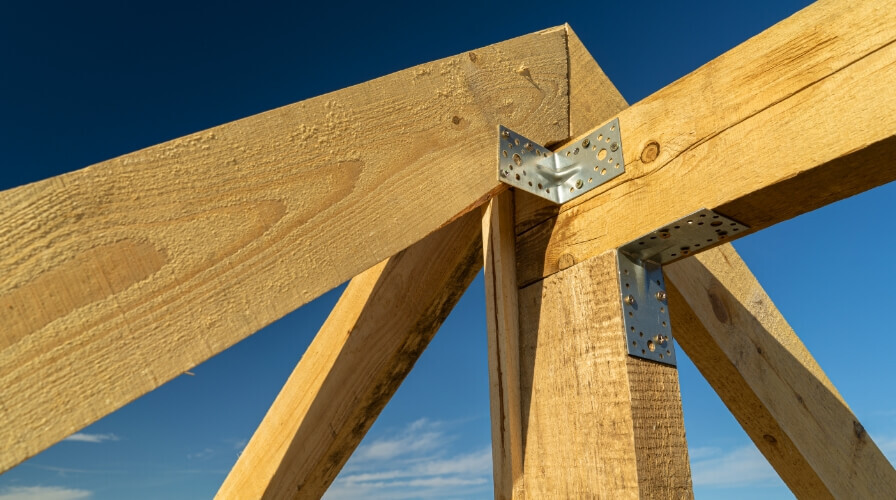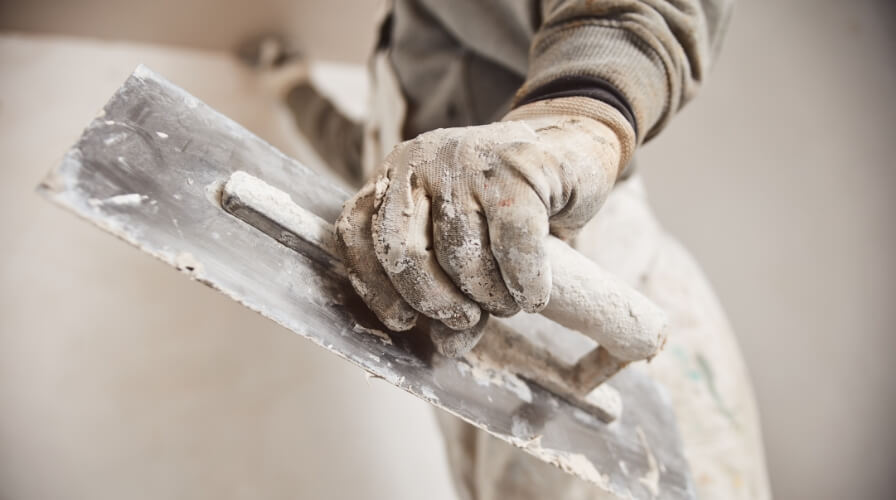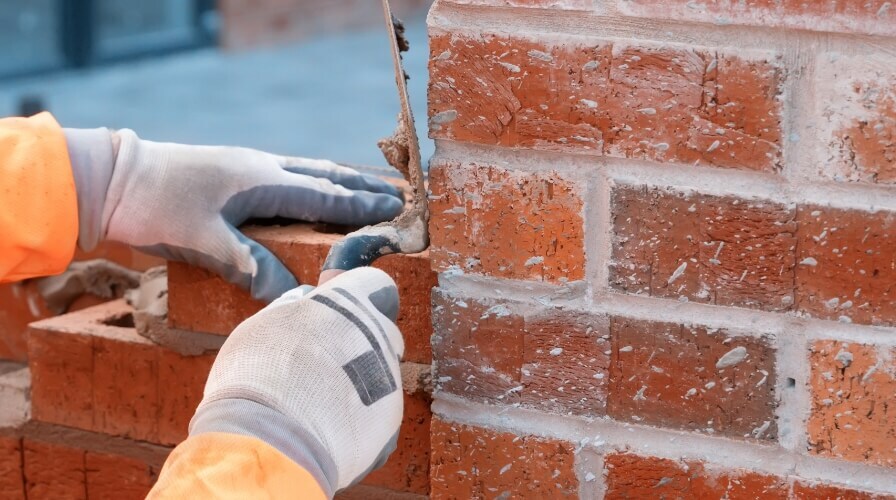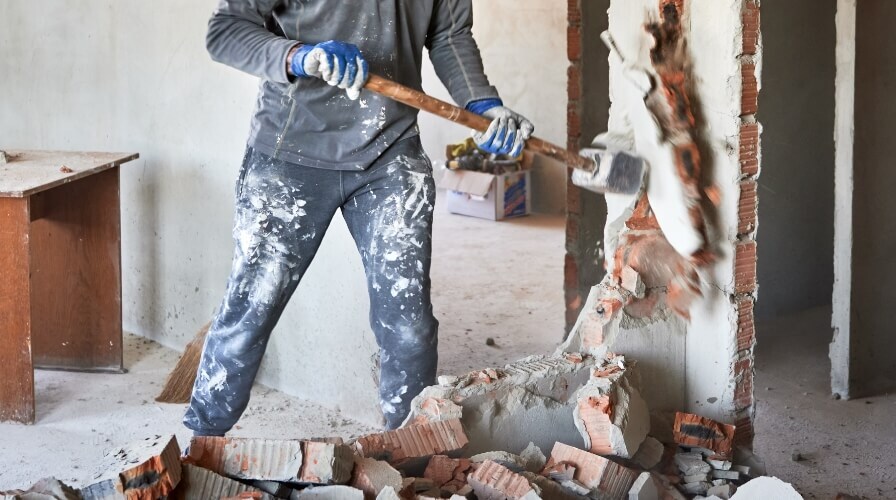Consider an apprenticeship
An apprenticeship is one of the most popular ways to become a carpenter. Carpentry apprenticeships give you on-the-job training alongside classroom-based learning.
To become an apprentice carpenter, you normally do the following:
1. Find an apprenticeship — Look for carpentry apprenticeship opportunities on job websites, government apprenticeship programmes, trade associations, and from local carpentry companies.
2. Apply and get hired — Once you find an apprenticeship role, apply and go through the hiring steps. If picked, you’ll start work as an apprentice carpenter.
3. Complete the apprenticeship — Carpentry apprenticeships usually last two to four years. You’ll get training, mentoring and hands-on carpentry experience and go to college or training courses to learn the theory behind the trade.
4. Get a qualification — At the end of your apprenticeship, you’ll likely get a qualification, such as an NVQ or a diploma in carpentry. These are nationally recognised qualifications and show your skills as a carpenter.
You could decide to specialise in one area of carpentry, such as finish carpentry, roofing or joinery. This might mean getting more qualifications or certificates and taking further courses.
Apply directly for jobs
You can apply directly for carpentry jobs if you have some experience and recognised qualifications — for example, after completing your apprenticeship or work placement. Use job search websites to find carpentry jobs in your area, or check the websites of construction companies, contractors and carpentry firms. They often post job openings on their sites.
If you know someone in the carpentry industry, you could reach out to them for job leads. They might help you land a role or give advice on applying.
Remember to check job listings regularly for new roles — the market is always changing, so staying up to date is important. Finding the right carpentry job can take time, so be patient. Keep applying, networking, going to interviews and improving your skills and qualifications while you search.
You could explore starting a carpentry business once you have some skills and experience. This approach has many benefits, including being your own boss and choosing which projects to work on.
Becoming a carpenter is an exciting path if you’re interested in working with wood and building things.
You’ll need to be up for learning new techniques, developing essential skills and getting hands-on experience. Carpenters have excellent attention to detail, creativity and adaptability and are constantly growing in a changing industry.





